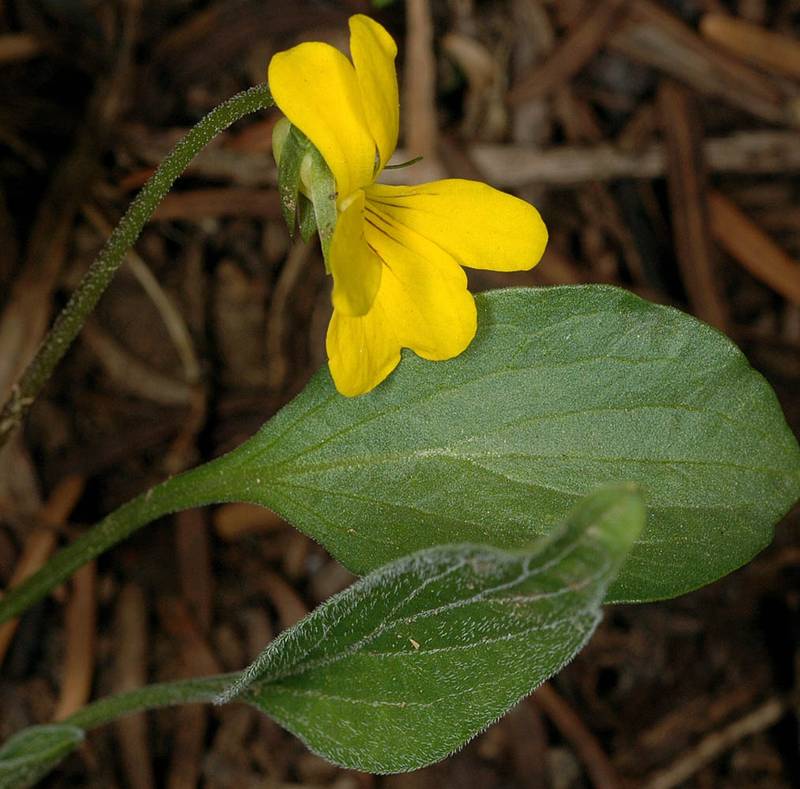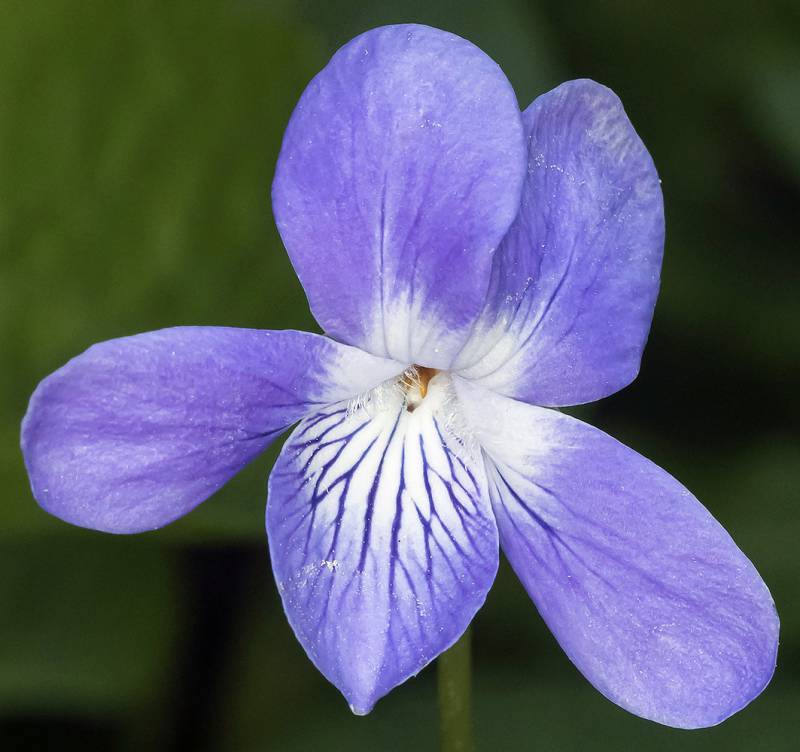Viola bakeri
Viola langsdorffii
Alaska violet, Aleutian violet
Leaf blades entire, elliptic-lanceolate, tapering to the petiole, 2-5 cm. long;
petiole 3-12 cm. long;
stipules attached to the petiole, the free portion few-toothed.
Flowers with peduncles shorter than the leaves;
flowers 5-12 mm. long, yellow, the lower 3 penciled with brownish-purple, the lateral pair bearded;
style head bearded, rounded.
a glabrous, 3-valved capsule, ovary superior, placentation parietal.
Viola bakeri
Viola langsdorffii
Occurring chiefly east of the Cascades crest in Washington from Mt. Adams south; south-central Washington to California and Nevada.
Occurring west of the Cascades crest in Washington; Alaska to California.
- Local floras:
BC,
CA,
OR,
WA
- Local Web sites:
CalFlora,
CalPhotos,
Flora NW,
PNW Herbaria
WildflowerSearch
iNaturalist (observations)
USDA Plants Database
- LBJ Wildflower Center
- SEINet
- Plants of the World Online
- Encyclopedia of Life
- Wikipedia
- Google Image Search



